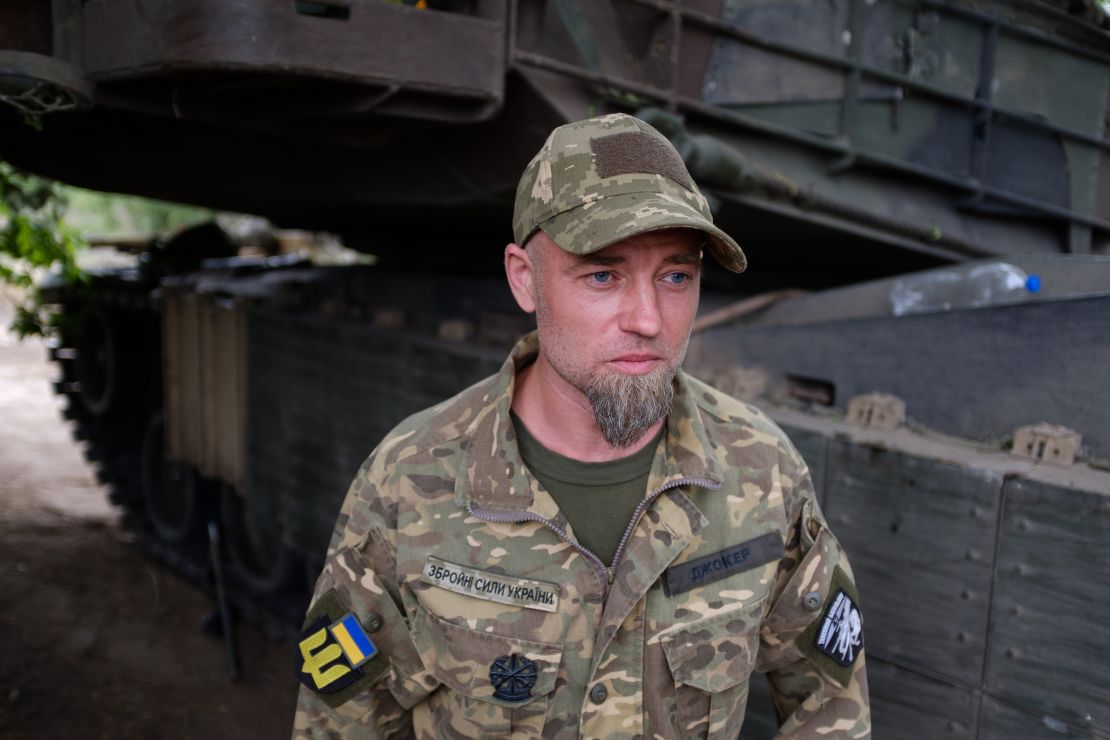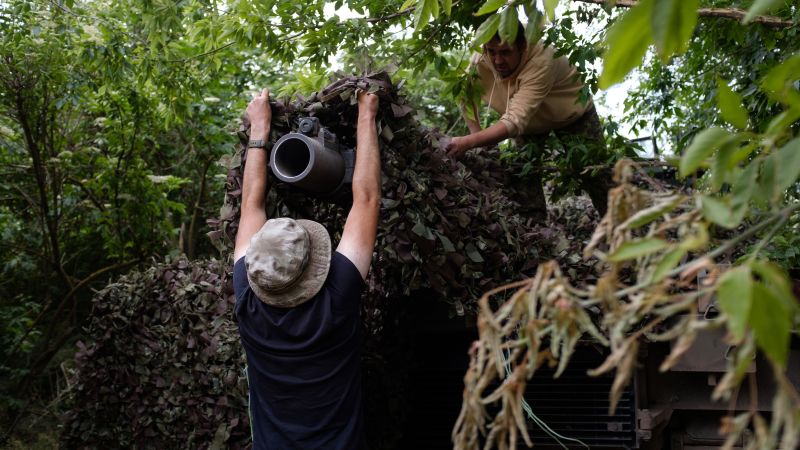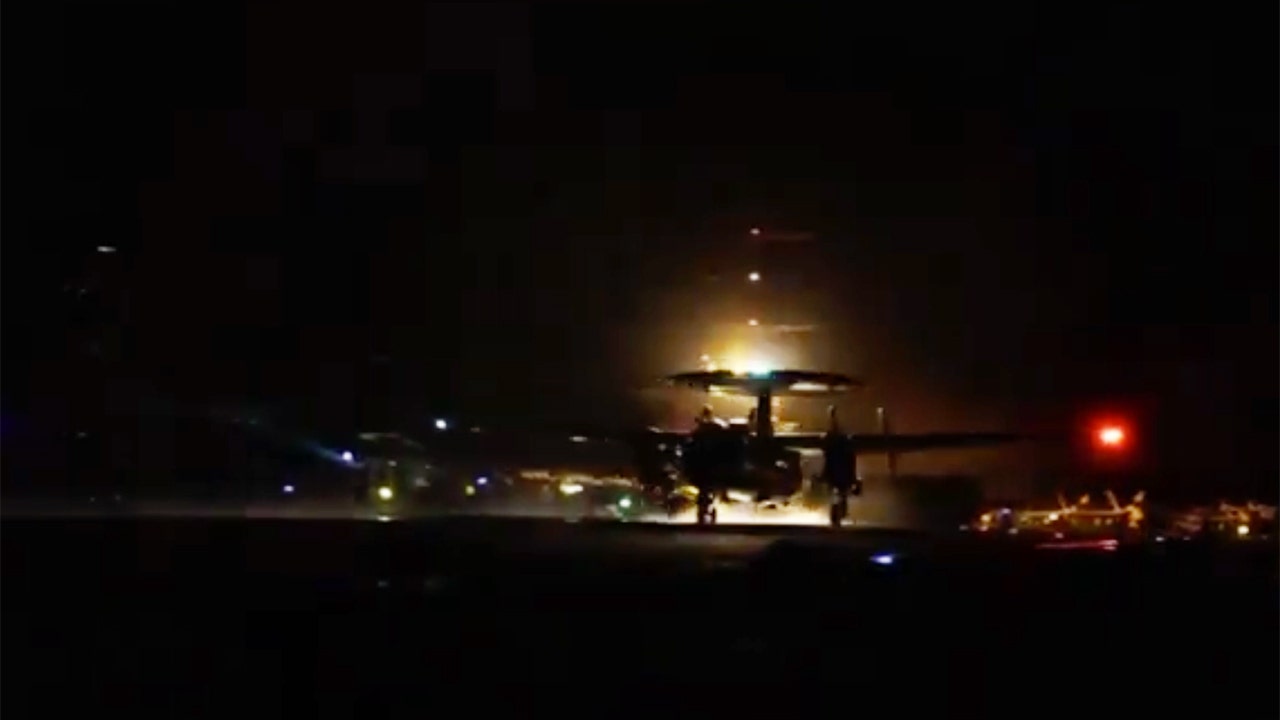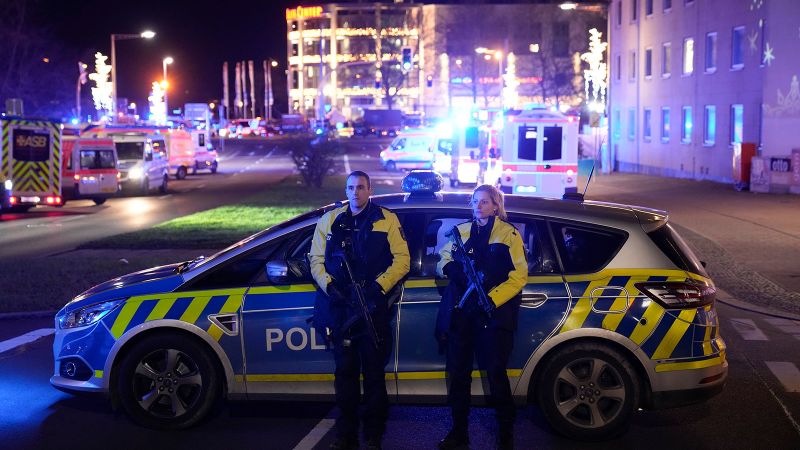Eastern Ukraine
CNN
—
Ukrainian crews working on US-supplied Abrams tanks have told CNN of a series of the weaknesses and flaws with the armored vehicles, calling into doubt their utility on the war’s ever-changing frontlines. The donation was announced by US President Joe Biden as evidence of the United States’ “enduring and unflagging commitment to Ukraine.”
CNN journalists were the first reporters to see the M1 Abrams in Ukraine, at a location in the country’s east, where around six vehicles were visible, hiding in the foliage.
Crews trained in Germany said the vehicles – the US military’s main $10 million battle tank used in Iraq against Saddam Hussein’s forces and insurgents – lacked armor that could stop modern weapons.
“Its armor is not sufficient for this moment,” said one crew member, callsign Joker. “It doesn’t protect the crew. For real, today this is the war of drones. So now, when the tank rolls out, they always try to hit them.”
His colleague, Dnipro, added they are the “number one target.”
“Without defense, the crew doesn’t survive at the battlefield,” he said.
The crew showed CNN their attempts to affix active armor to one damaged tank. They used plates of plastic explosive that, when hit by a round, detonate and provide a protective counter-blast.
All 31 Abrams deployed to Ukraine are engaged near the frontline in the east, according to officials in the 47th Mechanised Brigade, who took receipt of them all. The Ukrainian request for Abrams, complex and heavy tanks, sparked significant debate in early 2023, as the American vehicle has a complex supply chain. Some versions even run on jet fuel.
Pentagon officials said in April that the Abrams were pulled back from the frontline due to the threat of Russian attack drones, although the 47th said some were still in action, despite the deficiencies that had materialized.
Much of the Ukrainian frontline is now dominated by the use of self-destructing attack drones, tiny and accurate devices that can swarm infantry and even cause significant damage to tanks. The advent of these so called First-Person Vision (FPV) drones, flown by soldiers wearing gaming goggles, has changed the nature of the war, limiting movement and introducing a new element of vulnerability to armored vehicles.
This Ukrainian crew have learned of the Abrams’ limitations the hard way, in pitched battles around the town of Avdiivka, which Russia finally took control of in February. A driver lost a leg when the armor was penetrated. Yet it is not just innovation that is hamstringing the tanks — they appear to have technical issues too.
One, parked under a tree, was almost immobile during CNN’s visit, due to an engine problem, the crew say, despite the vehicle having just been shipped in from Poland. They also complain of how, in rain or fog, condensation can fry the electronics inside the vehicle.
CNN has reached out to the Pentagon for comment.
Ammunition is also a problem, like elsewhere on the Ukrainian frontline. They say they seem to have the wrong type for the fight they are in.
“What we have is more for direct tank-to-tank fights, which happens very rarely,” Joker said. “Much more often we work as artillery. You need to take apart a tree-line or a building. We had a case when we fired 17 rounds into a house and it was still standing.”
The tank’s poor performance has been mocked by Russian analysts, dubbing them “empty tin cans.” One model was captured by Russian forces and, damaged, paraded in Red Square.

The Ukrainian crew expressed frustration the tanks were made for a NATO style of warfare, in which air power and artillery prepare the battlefield before tanks and infantry advance. Kyiv has long bemoaned its lack of artillery and air power.
“They would never do it,” Joker said, of NATO soldiers undertaking the same advances they make without air support. He switched to English to mimic a NATO soldier: “‘Call the aviation, call the artillery,’” he said. “We have no aviation and artillery. We have only tank. And it’s the problem.”
A spokesperson for the Ukrainian defense ministry told CNN that “Ukraine is now testing and improving equipment that was not initially prepared for our war.”
“We are asking all countries to support us with equipment of any technical capacity levels. We use all of it accordingly,” the spokesperson added.
Biden’s decision to supply the Abrams came after European allies pledged to send their own battle tanks in early 2023 ahead of Ukraine’s failed summer counteroffensive last year, a step that had been deemed unthinkable months earlier.
Kyiv’s allies have slowly swallowed the red lines of what equipment they once refused to supply. F-16s may arrive in Ukraine in the months ahead. Oleksandr Syrsky, Ukraine’s military commander, on Monday said he had signed initial paperwork to permit France to send military trainers into the country to try and reverse an urgent manpower problem on the frontlines. France’s defense ministry declined to confirm the plan, but said it, and other ideas, had long been under discussion. The move would mark a significant escalation in the West’s involvement in the war, now in its third year.
The Ukrainian defense ministry later appeared to tamp down those expectations, saying in a statement to CNN that it had “started internal paperwork to move forward when the decision is taken.”
For the Abrams crew, each delay in equipment or assistance costs the lives of friends. “I only have one question,” Joker said of US assistance. “Why is this taking so long and (comes) partially? We are losing time. It’s death to us.”
Victoria Butenko contributed to this report.











